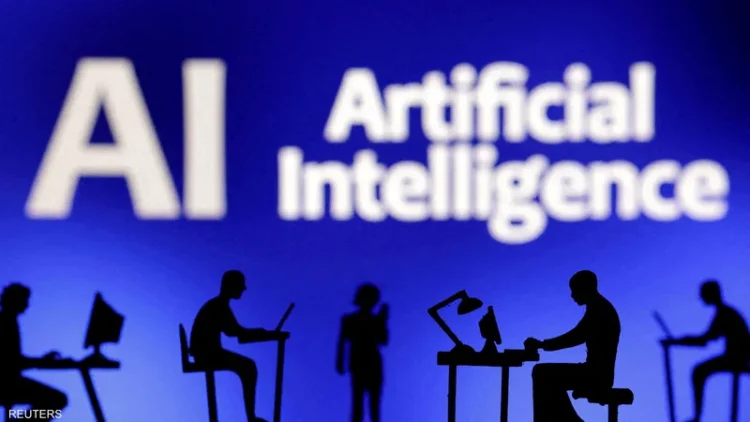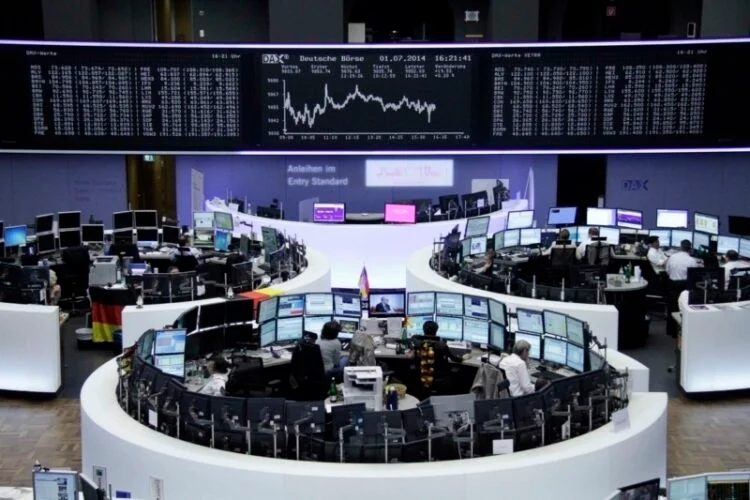Publisher: Maaal International Media Company
License: 465734
UN: AI Threatens 40% of Jobs Worldwide
اقرأ المزيد
The global artificial intelligence market is expected to reach $4.8 trillion by 2033, according to a report by the United Nations Conference on Trade and Development (UNCTAD), which warned that nearly half of all jobs worldwide will be affected.
The report specifically warned that “AI could impact 40% of jobs worldwide, improving productivity but also raising concerns about automation and job displacement,” according to Agence France-Presse.
UNCTAD said that knowledge-intensive sectors, such as office work and administrative jobs, will be the most affected by AI. This means, according to the report, that the greatest damage will be inflicted on advanced economies, despite the fact that these economies are better positioned to reap the benefits of AI than developing economies.
The UN agency added: “More often than not, capital reaps the benefits of AI-driven automation, not workers and wage earners, which could widen inequality and reduce the competitive advantage of low-cost labor in developing economies.” Rebecca Grynspan, the agency’s president, emphasized the importance of ensuring that people are at the center of AI development and urged enhanced international cooperation “to shift the focus from technology to people and enable countries to participate in establishing a global framework for AI.”
She added, “History has shown that while technological progress drives economic growth, it alone does not ensure equitable income distribution or promote comprehensive human development.”
In 2023, the market for leading technologies, such as the internet, blockchain, 5G networks, 3D printing, and artificial intelligence, was valued at $2.5 trillion, and this figure is expected to increase sixfold over the next decade to $16.4 trillion, according to the report.
By 2033, AI will be the leading technology in this sector, growing to $4.8 trillion, according to the report. However, UNCTAD warned that AI infrastructure, skills, and advanced AI knowledge remain limited to a handful of economies and are concentrated in the hands of only 100 companies, mostly in the United States and China. These companies currently account for 40% of global corporate spending on research and development.
The agency called on countries to “act now,” emphasizing that “by investing in digital infrastructure, capacity building, and strengthening AI governance,” they can “harness AI’s potential for sustainable development.”
It emphasized that “investing in reskilling, upskilling, and adapting the workforce is essential to ensuring that AI enhances jobs rather than eliminating them.”








